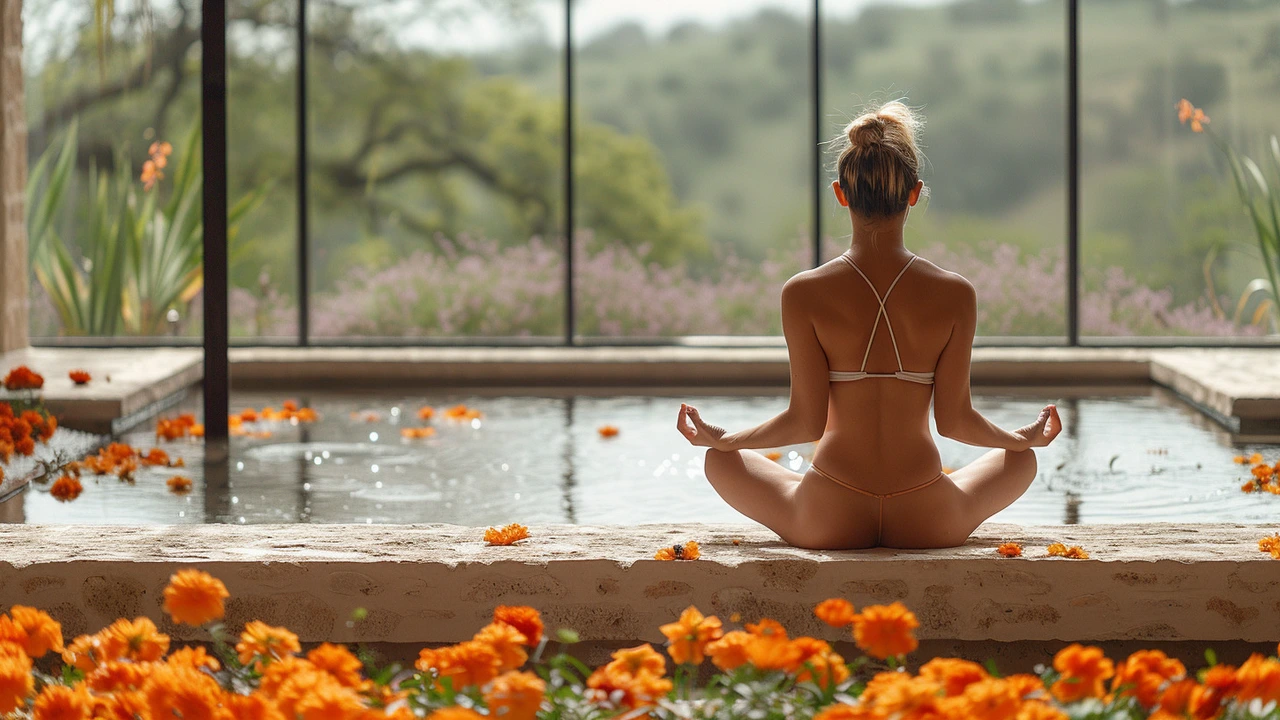Embracing Mindfulness for Daily Serenity
Living a serene life in the modern world may sound counterintuitive. With our schedules packed and devices buzzing, peace often feels just out of reach. Yet, it’s not just attainable; it’s essential for our mental health. Mindfulness, the practice of being fully present and engaged in the moment, without judgment, is a powerful step toward achieving tranquility. It involves noticing new things, welcoming the unfamiliar, and relinquishing the need for control over the future.
Start with something as simple as mindful breathing, which can be done anywhere at any time. Focus on feeling and listening as you inhale and exhale, which helps center your thoughts and reduces stress. Integrating mindfulness can extend to eating, walking, or even listening to others, transforming routine activities into meaningful moments of calm. For those new to this practice, guided mindfulness apps can be an invaluable tool to get started.
Another aspect of mindfulness involves recognizing and managing the emotions that typically disrupt our peace. By acknowledging our feelings without aggressively reacting to them or suppressing them, we allow ourselves a certain peace. This emotional intelligence cultivates a mental environment where calmness is the norm rather than the exception. Regular practice of mindfulness not only reduces stress but also enhances overall cognitive functions, making it a worthwhile investment in your mental health.
Breathwork and Other Relaxation Techniques
Breathwork is a specific type of mindful technique that involves focusing on and controlling the breath to influence a person’s mental, emotional, and physical state. Techniques like deep breathing, diaphragmatic breathing, and paced respiration can significantly reduce stress levels and enhance one's peace of mind. It involves inhaling deeply through the nose, which allows your lungs to fully expand, and exhaling thoroughly through the mouth. This kind of breathing signals the brain to calm down and relax, an efficient way to counter the stress response.
Beyond breathwork, incorporating regular physical activity into your routine can greatly promote mental calm. Yoga, in particular, combines physical poses with breath control and meditation, making it an ideal exercise for stress reduction and mental clarity. Another effective approach is the practice of Tai Chi, a martial art known for its slow and deliberate movements, promoting balance and calm.
Other relaxation techniques that can be effortlessly integrated into daily life include progressive muscle relaxation, visualization, and gentle stretching exercises. Engaging regularly in these activities helps in building a more resilient stress response and cultivates a naturally tranquil mind. By consistently practicing these techniques, you encourage your mind to adopt a new default setting: one of peace and calm, ready to tackle the day’s challenges with grace and ease.






